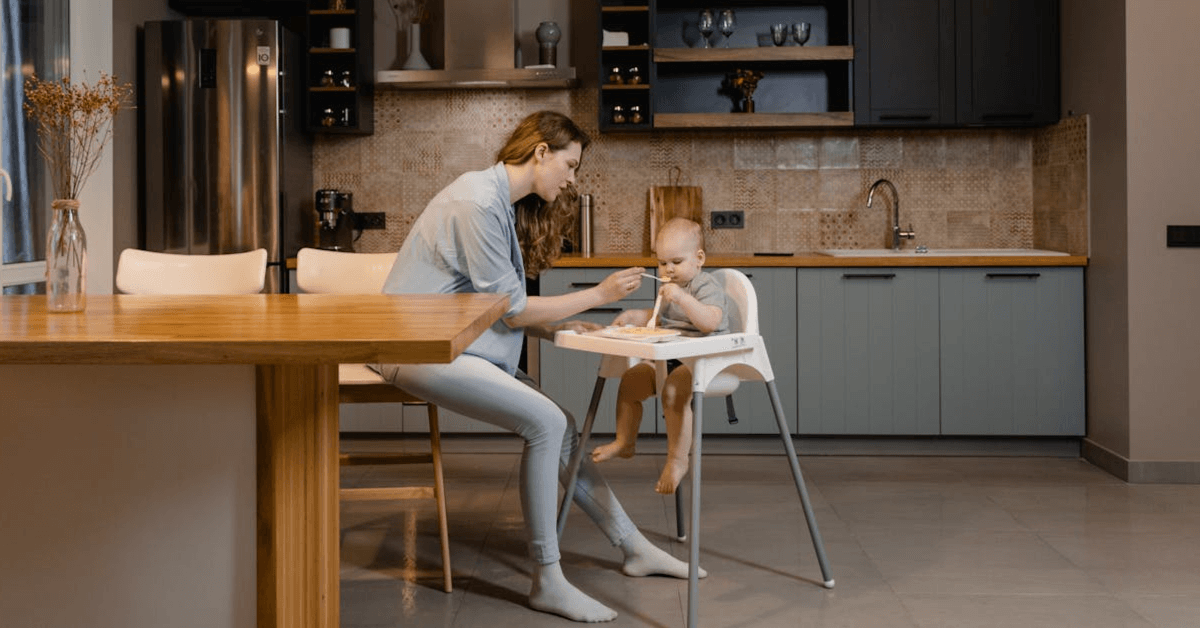How to Get Full Custody of Child Victoria
To get full custody of a child in Victoria, you must apply for a parenting order through the Family Court or the Federal Circuit and Family Court of Australia.
Full custody, or sole parental responsibility, means that one parent is responsible for making all major decisions concerning the child’s welfare, education, and health.
The court will consider the best interests of the child as the primary factor when deciding whether to grant full custody.
You must provide evidence that this arrangement is in the child’s best interests, taking into account factors such as the child’s safety, the ability of each parent to care for the child, and the child’s relationship with each parent.
Key takeaway: To seek full custody in Victoria, you must apply for a parenting order and demonstrate that this arrangement serves the child’s best interests.
Also read: Interim Parenting Order
Understanding the Court’s Criteria
The court’s primary consideration is the child’s best interests, which include protecting them from harm and ensuring their physical, emotional, and psychological well-being.
The court will evaluate various factors, such as each parent’s ability to provide for the child’s needs, the child’s views (depending on their age and maturity), the history of the child’s care, and any incidents of family violence or abuse.
The court aims to promote meaningful relationships between the child and both parents unless there are serious concerns about the child’s safety or wellbeing.
Key takeaway: The court assesses a range of factors to determine whether full custody is in the child’s best interests, focusing primarily on the child’s safety and wellbeing.
Evidence Required for Full Custody
To obtain full custody, you will need to present evidence that supports your case. This may include documentation of any past incidents of family violence, neglect, or abuse, as well as reports from psychologists, social workers, or other professionals who have assessed the child’s needs and circumstances.
You may also need to provide evidence of your ability to meet the child’s emotional, educational, and medical needs and demonstrate that the child’s relationship with the other parent is not beneficial or could be harmful.
Key takeaway: Providing strong evidence of the child’s needs and any potential harm they may face with the other parent is necessary when seeking full custody.
Need a Lawyer?
The Role of Mediation and Dispute Resolution
Before applying to the court, you are generally required to attempt mediation or another form of dispute resolution to reach an agreement with the other parent.
The Family Dispute Resolution (FDR) process aims to help parents reach a mutually agreeable arrangement without going to court.
If mediation fails or is deemed inappropriate due to family violence or other serious issues, you can obtain a certificate allowing you to apply directly to the court for a parenting order.
Key takeaway: Mediation is a mandatory step before applying for full custody, but exceptions exist in cases involving family violence or other serious concerns.
Applying for a Parenting Order
To formally seek full custody, you must file an application for a parenting order with the Family Court or the Federal Circuit and Family Court of Australia.
The application must include a detailed affidavit outlining the reasons for seeking full custody, along with any supporting evidence.
Legal advice from a family law expert is highly recommended to ensure your application is comprehensive and addresses all relevant factors the court will consider.
Once the application is submitted, a court hearing will be scheduled, where both parties will have the opportunity to present their cases.
Key takeaway: To obtain full custody, a formal application for a parenting order must be made, supported by evidence and legal arguments.
Obtaining full custody of a child in Victoria involves demonstrating that such an arrangement is in the child’s best interests.
The court considers various factors, including the child’s safety, the ability of each parent to meet their needs, and any history of family violence.
Seeking legal advice and preparing strong evidence is necessary to building a compelling case for full custody.

